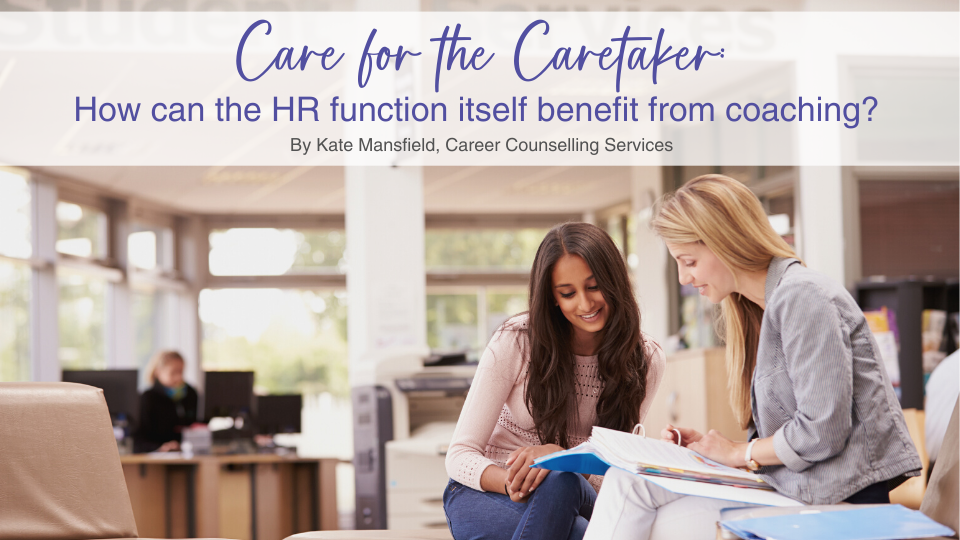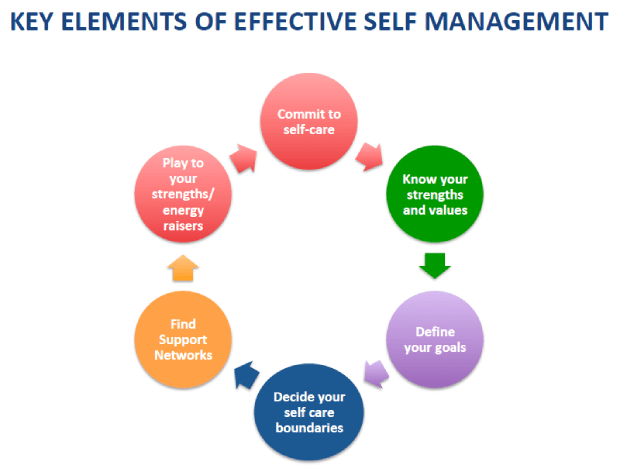Drop off your CV
We serve the global HR community through our offices located in Delhi, Hong Kong, London, New York, São Paulo and Singapore and have placed HR leaders in over 30 countries.
People professionals regularly commission coaching or development programmes for their ...

People professionals regularly commission coaching or development programmes for their colleagues across their organisations. They strive to convince others of the benefit of coaching and development initiatives and how they positively impact areas such as employee engagement, performance and well-being.
Yet when it comes to deploying these self-care and growth initiatives for their own functional area, to what extent are People professionals turning the lens inward, and applying the same principles to positively impact their own skills, performance, career development and well-being?
HR functions have been under a disproportionate amount of strain and responsibility since the onset of the pandemic.These pressures have continued apace as individuals returned to offices post-pandemic and new hybrid-working patterns took root, bringing their own challenges for working practices and employee engagement and retention.
HR professionals sit in the uniquely challenging place of having to represent their organisation’s best interests and those of the employee. Employees, emboldened by the pandemic years, are more likely to voice demands and preferences and many organisations rely on their HR teams to find the solutions to these complex issues.
The sheer pace of the last few years has left little time for reflection and self-care for HR. In a recent global survey of more than 1300 HR Leaders, HR Leaders are the most likely to leave their roles in the next year (41% compared to 29% of business leaders or 22% of frontline workers). (Executive Networks Future of Learning and Working report; March 2023).
The same study highlighted that work-life balance is a key issue for senior HR professionals, with over a third admitting they do not take advantage of the same resources available to other employees to improve an area such as work-life balance, for example. One of the areas it also suggests affects HR Leaders, more than others is the emotional fatigue that accompanies the role, when providing an ear and a voice for employees.
Care for the HR caretaker has ultimately never been so important if organisations are to retain talented HR professionals critical to their own business performance.
What could HR gain from coaching?
Much has been written on the general benefits of coaching and how it supports workplace success. Equally there is much written on the topic of self-care and balance.
HR professionals are likely to be familiar with many suggested ideas and tips for improving their workloads and balance. It doesn’t mean they are taking note of them!
I believe coaching can be deeply impactful for HR because it offers the opportunity for HR professionals to think about what motivates them more deeply and to consider the links between self-knowledge and their own career goals.
In our work as Career Coaches, there is a core link between strengths and energy and how this links to more meaningful self-care. It is from this starting place, that individuals are much more likely to be able to set clearer boundaries for themselves, as the connection can be made between these elements and being able to fulfil your purpose, and in turn, add value within a role and organisation.
Effective coaching can help individuals identify ways of self-managing within the workplace. The CCS model of effective self-management describes the key areas essential to better self-care and career management below:

Drawing on this model, these are some of the key ways in which I have observed coaching to positively impact HR professionals and subsequently benefit their organisation:
Ultimately effective coaching can help HR professionals to become more purpose led and communicate who they are and how they can add value to their organisations in a sustainable and meaningful way.
Kate Mansfield is Programme Director and Career Coach with Career Counselling Services.
Follow or connect with her on Linked in or email kate@career-counselling-services.co.uk
Career Counselling Services offer career consultancy, career coaching and training in career coaching to organisations. Additionally, they run an open Accredited Career Coach Training programme on a regular basis.
Resources and other links: